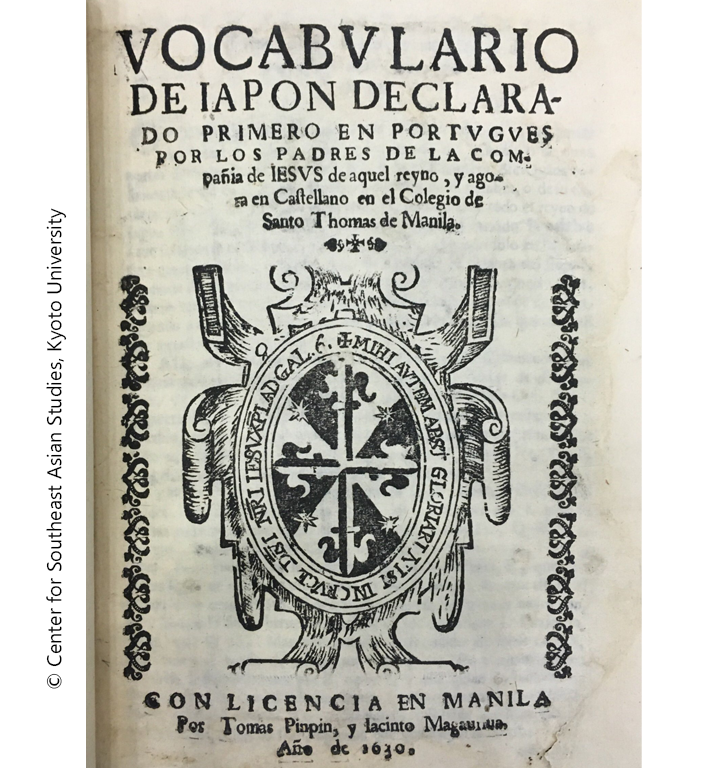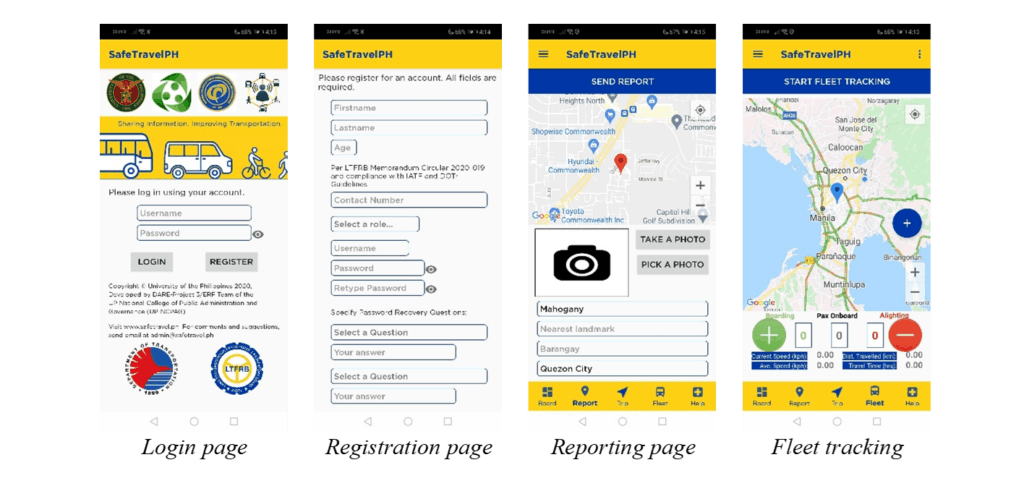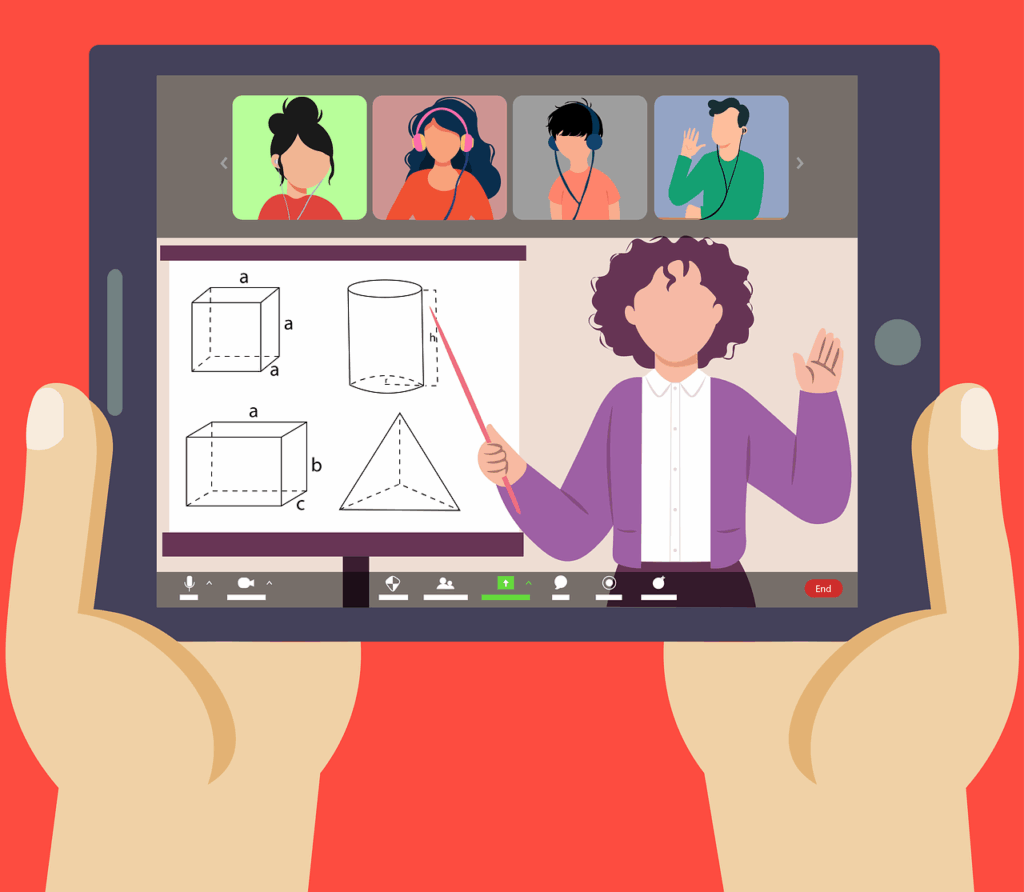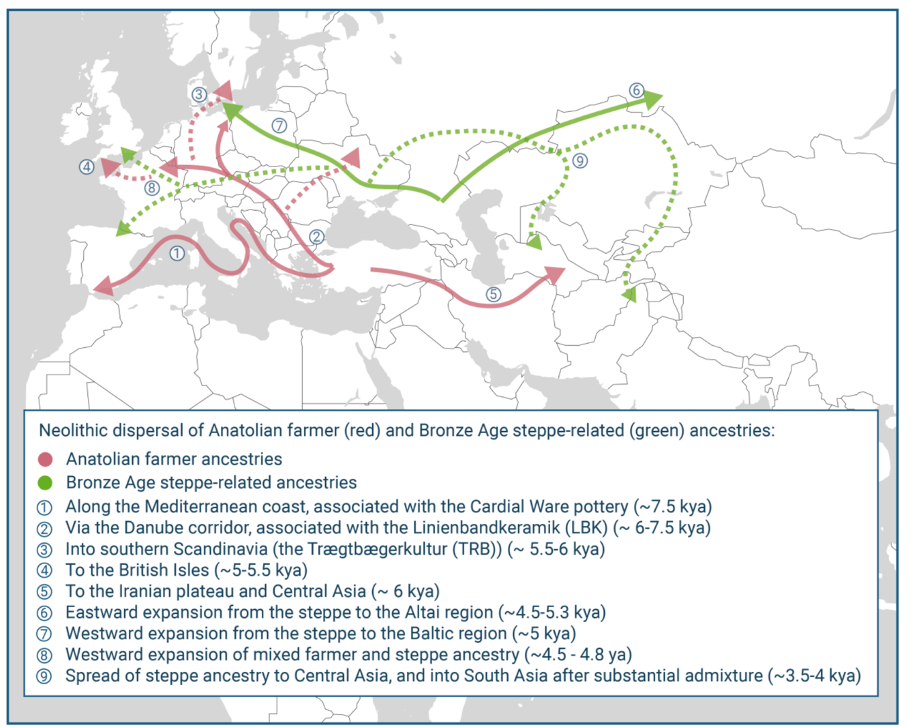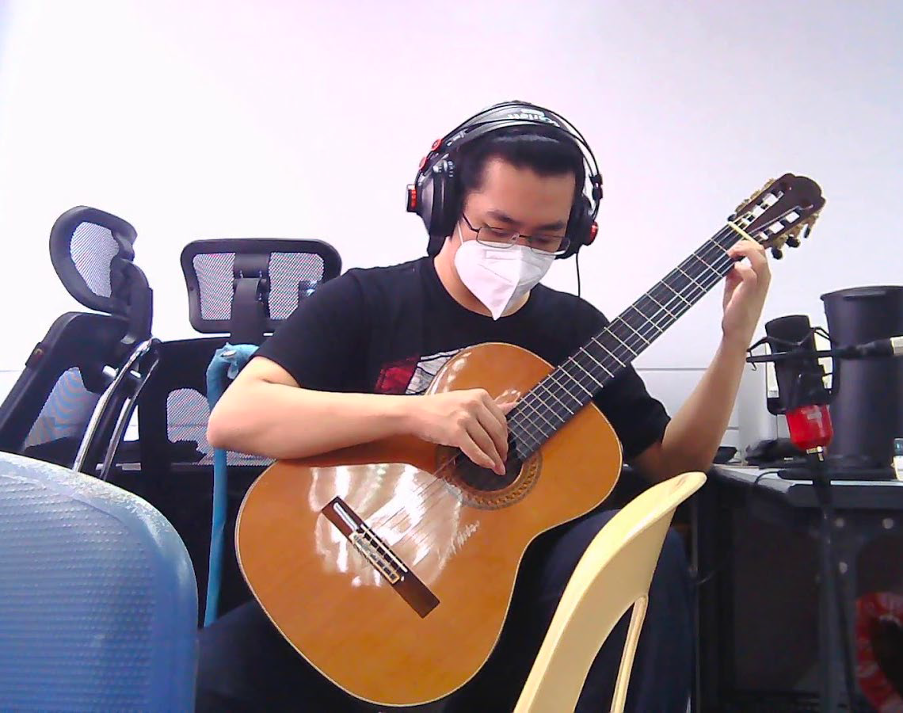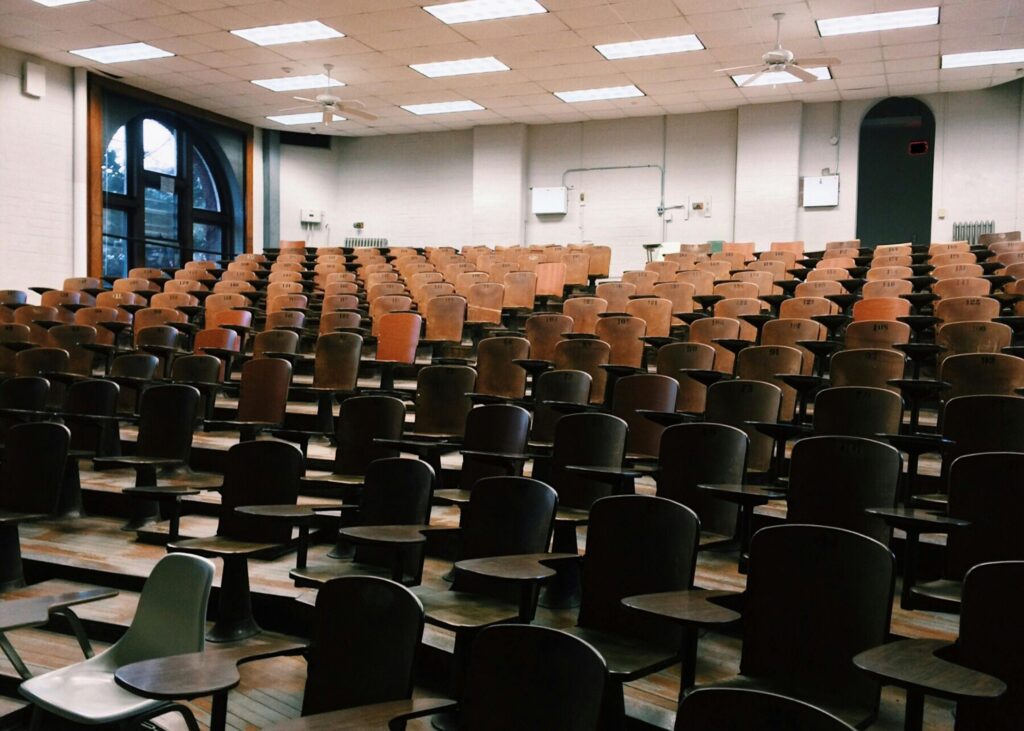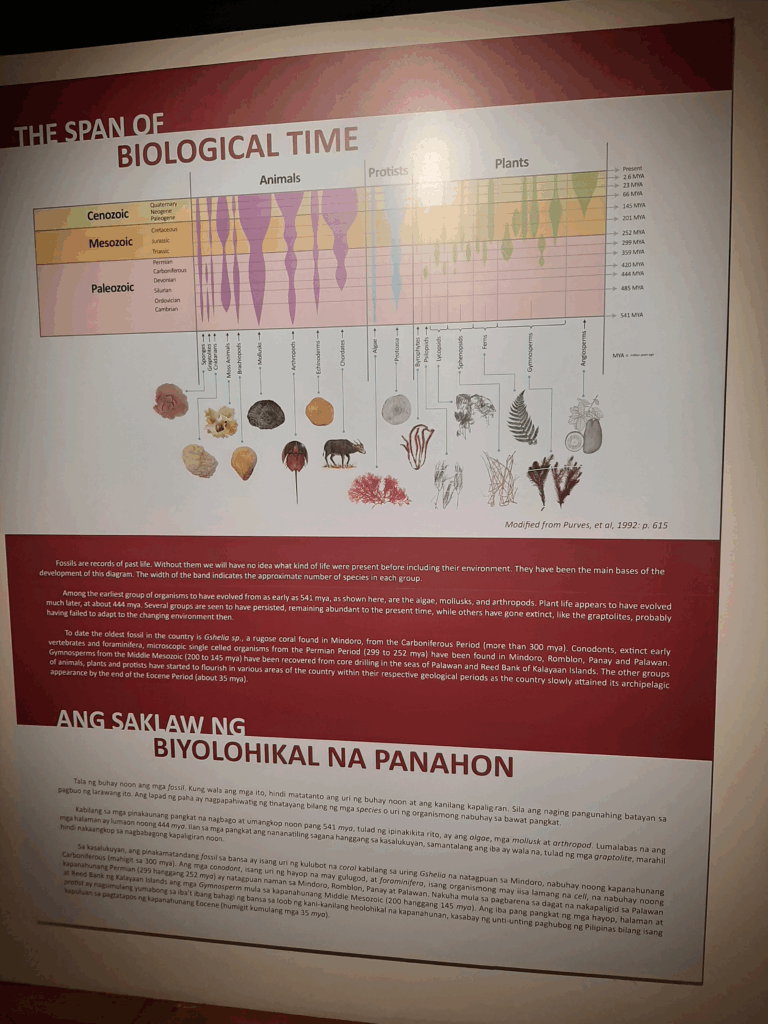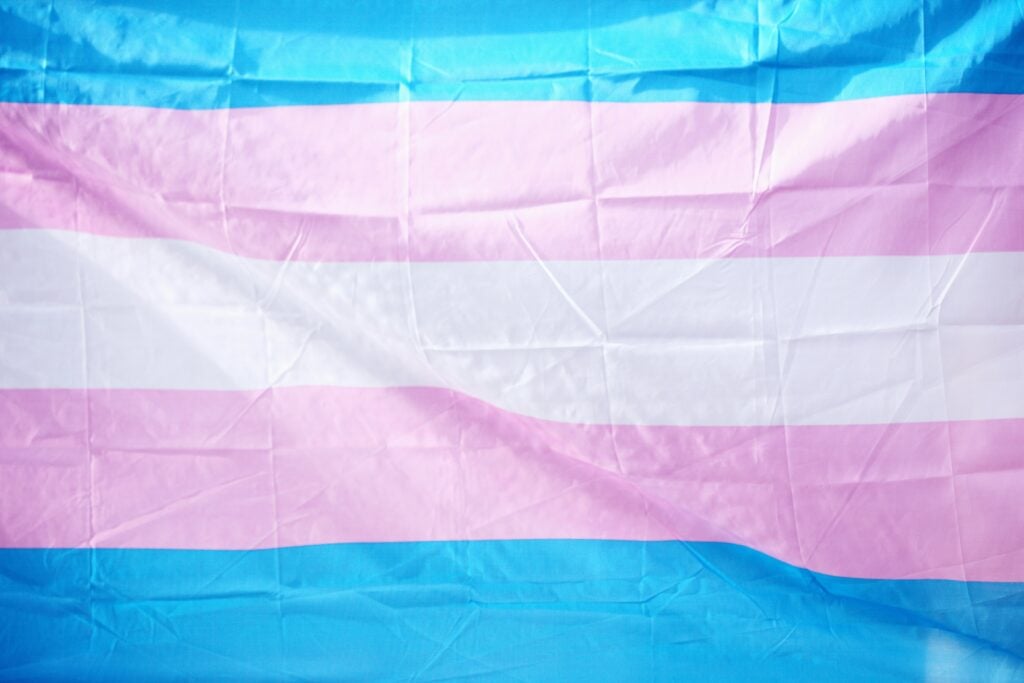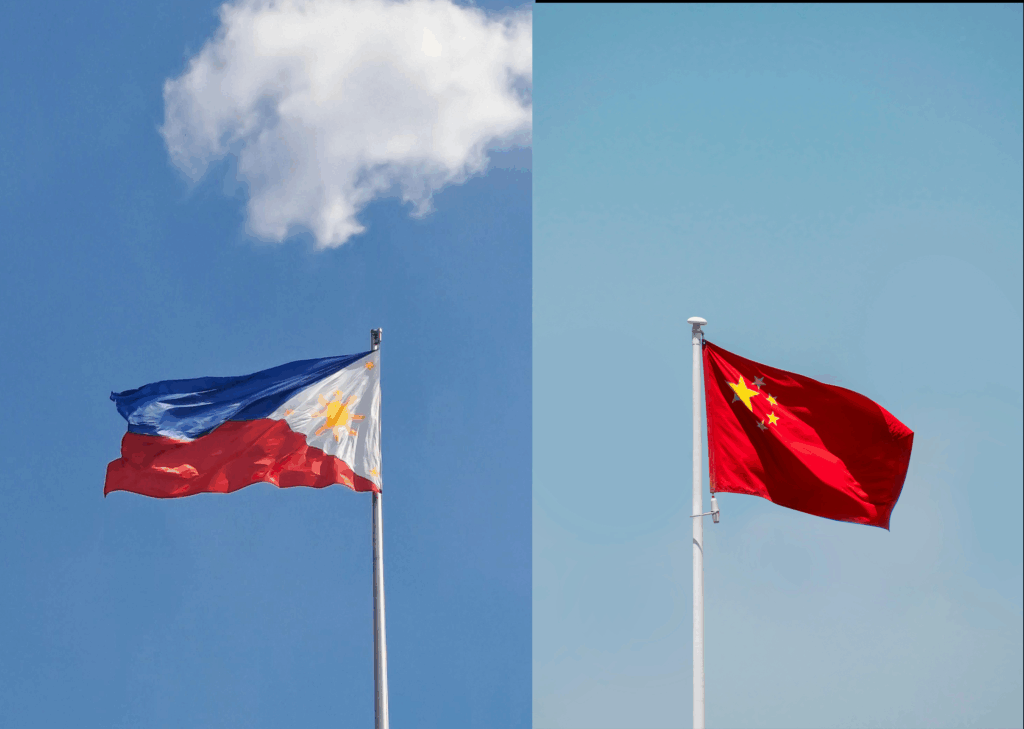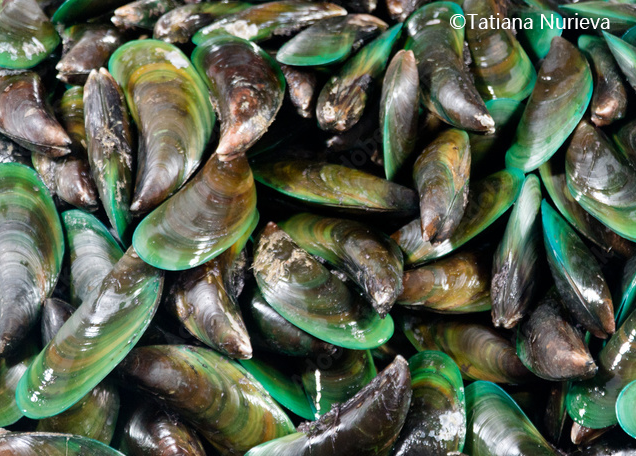Research
As the national university, we champion and support innovative research that addresses the country’s most pressing challenges.
18 Jun 2024
The Vocabulario de Iapon (Japanese Vocabulary) is both typical and unique among books first printed in the Philippines from 1593 to 1640
Books go through a process of transformation from uniformity to uniqueness in the course of their survival. Some of these...
Read More13 Jun 2024
The lack of a consistent Southeast Asian values system may explain the ongoing sexual prejudice toward lesbian women and gay men in the region
Homonegativity or negative attitudes towards lesbian women and gay men still persist in Southeast Asian countries. Such attitudes not only...
Read More11 Jun 2024
Research investigates how crowdsourcing, digital co-production and collaborative governance can modernize local public transport services
The SafeTravelPH Public Transport Crowdsourcing App, which was designed as part of a bigger research, is a platform that actively...
Read More04 Jun 2024
Intrinsic goal orientation or motivation varies among students from different cultural backgrounds
This study investigates the motivation of university students in Indonesia, Thailand, Bangladesh, and China for online learning. It analyzes how...
Read More03 Jun 2024
Filipina labor migrants in Hong Kong reject stereotypes by embracing their own identity and way of life
The study is mainly concerned with giving an opportunity to Filipina labor migrants in Hong Kong to voice out their...
Read More30 May 2024
Agricultural expansion and migrations over the last 10,000 years significantly influenced genetic, cultural and linguistic diversity across the globe
This review delves into the expansive journey of human history over the last 10,000 years, a period known as the...
Read More27 May 2024
The classical guitarist’s plucking techniques can be accurately classified using multimedia signal processing
In classical guitar performances, various plucking gestures can be employed to evoke different tonal qualities in the produced sound. To...
Read More22 May 2024
Both parental and peer attachments are important to a student’s life at university but they play different roles
This research explores a vital aspect of a student’s life during their first year at university. It examines how the...
Read More16 May 2024
Philippine museums use Filipino and English more often, putting aside minority and marginalized languages
The study looks at how Filipino, English, and multilingual signs are displayed in select Philippine museums. It analyzes not only...
Read More15 May 2024
Digital health initiatives helped transgender Filipinos access sexual and reproductive healthcare during the Covid-19 pandemic
Stringent lockdowns during the COVID-19 pandemic and the systemic exclusion of transgender (trans) experiences and narratives in sexual and reproductive...
Read More10 May 2024
A combination of uncertainty and alliance-building may be the Philippines’ best approach to the South China Sea disputes
The research delves into the complexities of the South China Sea issues, proposing a fresh approach for countries like the...
Read More02 May 2024
Mussels cultivated in Manila Bay are contaminated with feces from sewage, agricultural, and diffuse sources
Manila Bay, a multipurpose body of water located around Metro Manila, Philippines, is continuously degrading because of pollution. Reports have...
Read More
